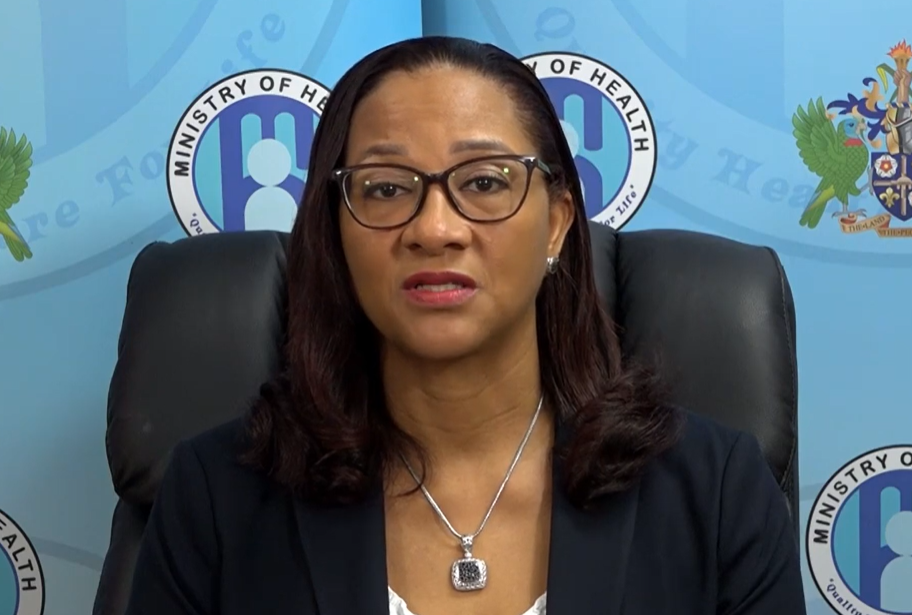Improving Healthcare Access, Infrastructure Tops Ministry of Health 2025 Agenda
 17 January 2025
17 January 2025


Chief Medical Officer Dr Sharon Belmar-George has outlined the Ministry of Health’s roadmap for 2025 which focuses on strengthening healthcare infrastructure, expanding public health initiatives, and tackling pressing health challenges head-on.
In a recent briefing, she outlined key plans, including the construction of eight smart health facilities in areas including Canaries, Babonneau, and Castries. These facilities aim to improve healthcare access, service delivery, and staff working conditions.
“We are committed to strengthening primary care services in 2025, with key initiatives like snake bite management and breast cancer screening,” Dr. Belmar-George shared. “By addressing both infrastructural and maintenance issues, we aim to enhance service delivery, improve the working environment for staff, and ensure improved access to healthcare for the population.”
The ministry also plans to prioritise mental health by developing a national framework, as well as enhancing the National Blood Bank to ensure improved healthcare delivery.
“We remain committed to ensuring that the general quality of care and service utilisation continue to improve,” the CMO said.
Dr Belmar-George highlighted that non-communicable diseases (NCDs), including cancers, strokes, heart disease, and diabetes, remain the leading causes of death in Saint Lucia, responsible for over 75 per cent of fatalities. In response, the ministry is expanding preventative health measures, such as cervical and prostate cancer screenings, as part of the universal health coverage programme.
“Despite the challenges, we continue to focus on primary care preventative health strengthening,” she said. The CMO also stressed the importance of tackling unhealthy behaviours, such as poor diet, low physical activity, and obesity, which contribute to the growing burden of NCDs.
The healthcare system faced several challenges in 2024, particularly with infectious diseases. Dr Belmar-George noted a significant reduction in COVID-19 cases, from 30 per 10 000 in 2023 to just 3.4 per 10 000 last year. However, she said, new variants of COVID-19, as well as influenza A, influenza B, and respiratory syncytial virus (RSV), continue to circulate, especially in the last quarter of the year.
A sharp increase in dengue fever was also reported, with an incidence rate of 249.9 per 100 000 in August and October.
“No deaths were recorded, but we saw a worrying rise in cases, particularly in the northern districts of Gros Islet and Castries,” Dr Belmar-George said, adding that leptospirosis cases increased by 40 per cent, although no malaria cases were reported.
Highlighting the positive developments in 2024, Dr Belmar-George celebrated the launch of the Dr Betty Wells Urban Polyclinic at the Dr Winston C. Parris Medical Complex. That facility offers extended-hours medical and urgent care services, relieving strain on the Owen King EU Hospital while enhancing healthcare access in the Castries region.
“This new clinic is pivotal in improving healthcare responsiveness for residents,” she noted.
Additionally, the National Eye Clinic was successfully launched, offering high-quality ophthalmic services, including diabetic retinopathy screening “to meet the growing demand for eye care”.
Related News

PAHO Helped Caribbean, Latin America Mobilise $84M For Pandemic Preparedness In 2024

NCOPT To Seek Compensation Over Road Damage To Minibuses

T&T Energy Minister to Succeed Rowley As Prime Minister

